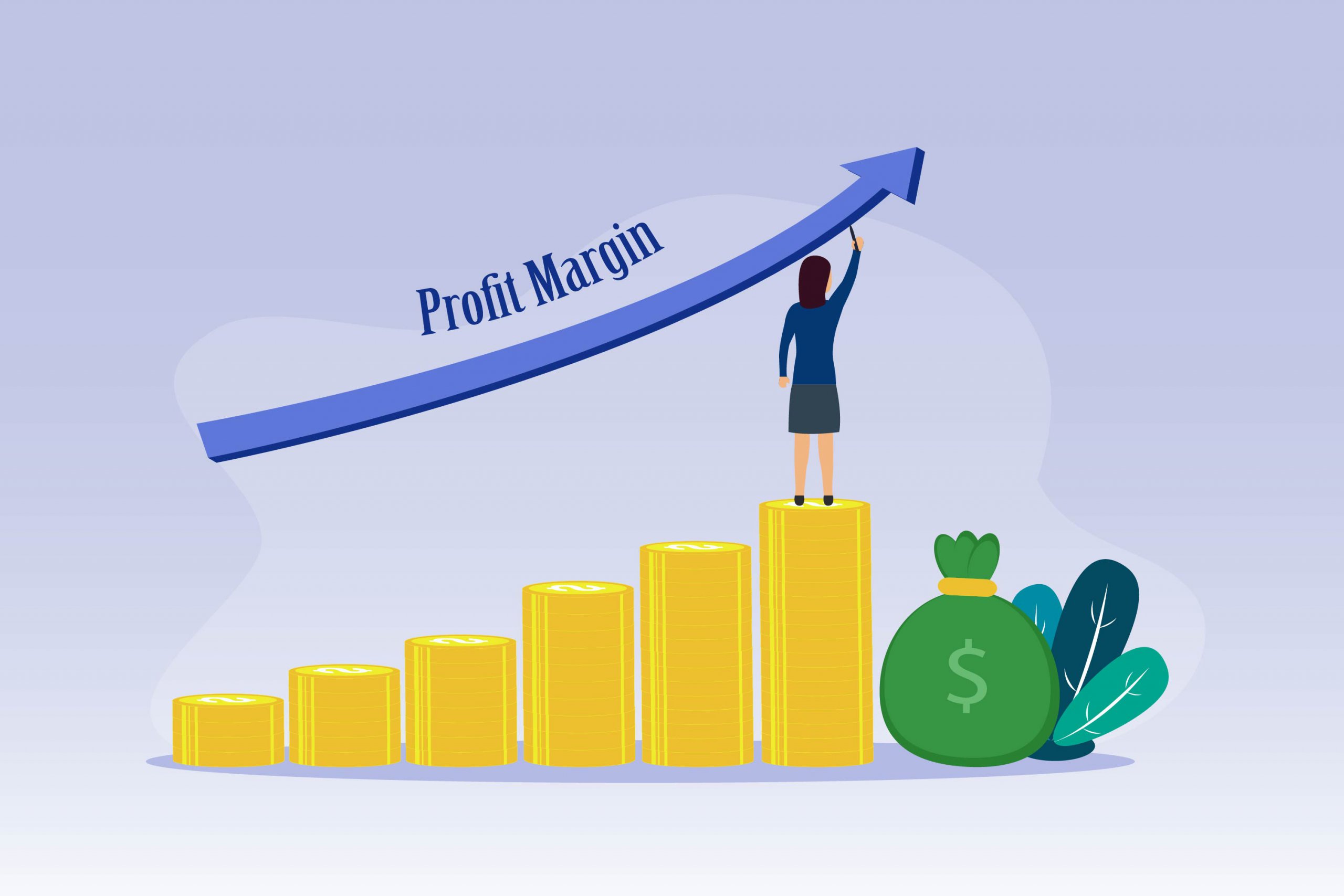Various elements must be considered by Small and Medium Enterprises (SMEs); however, bookkeeping strategies are crucial to the resolution of all business challenges. Over time, technology has provided new ways for SMEs to conduct effective operations, including bookkeeping methods.
Video-Conferencing Enables SME Bookkeeping to Remain Connected
Regarding bookkeeping and technology, incorporating technology into bookkeeping processes can enhance efficiency for SMEs. Videoconferencing can allow interactive collaboration between a business and its partners, such as suppliers or vendors.
Once limited to bigger businesses, Videoconferencing is currently accessible as a moderate and hassle-free asset for SMEs. From Skype to more advanced membership services, gatherings are now prevalent for all intents and purposes, particularly for supply chain bookkeeping. Videoconferencing fundamentally diminishes the time it takes to visit different businesses physically, including travel to a particular premise. Virtual gatherings found broadly, or all-inclusive are held without travel-related expenses. This can reduce costs associated with bookkeeping.

Similarly, individual and personal interactions are essential in developing connections, and maintaining associations with partners, providers, and clients can be encouraged through videoconferencing innovation.
Technology and Customer Outreach
Videoconferencing and Live Streaming provide opportunities for meetings and interactions with a more significant group of customers. Meetings with different stakeholders related to bookkeeping and auditing can easily take place with video conferencing regardless of whether attendees are in the same city, town, or even country. Additionally, SMEs can conduct offshoring activities with videoconferencing. Although high costs can be incurred for maintaining a digital setup and the equipment required to live stream or record, travel time boundary and restrictive expenses can be recuperated if SMEs can invest in technologies that eliminate these barriers.
One of the benefits of attending meetings in person is organizing and engaging in discourse, which can be challenging to reproduce on the web. However, the expertise of meeting attendees is readily accessible to all stakeholders regardless of locale. Videoconferencing empowers private ventures to exploit these open doors for self-awareness and progress that would not have been available to them previously.

Responsible Bookkeeping Frameworks
An effective bookkeeping framework must be considered by everyone responsible for your SME business. The bookkeeping system in a business should be reasonably systematic and accommodate responsibilities and information for key stakeholders, including employees, clients, and suppliers. It is only with an effective collaboration that a responsible bookkeeping framework can be established.
Entrepreneurs should concentrate on considering workers responsible when implementing a bookkeeping framework. If you have a strong budgetary spending plan and a gauge set up, you should have the capacity to complete a financial statement examination on your SME company. Likewise, you should audit your money-related reports with your business group and other key workers to consider them responsible for the objectives you set.
Utilizing your bookkeeping framework for responsibility is an excellent approach to keeping your business on track to achieve its objectives.
Versatility
Scaling an SME company can be troublesome, and scaling without an appropriate accounting framework makes it considerably harder.
As private venture scales, they tend to be focused on deals. The entrepreneur mindset of needing to offer diverse products is commendable; however, it can be problematic. As such, you must ensure your bookkeeping frameworks are prepared for unstable development.

A legitimate bookkeeping framework setup will enable you to scale your business appropriately. You will have the capacity to distinguish both good and bad patterns and ensure you are meeting or surpassing your objectives.
It is easier to set up the correct bookkeeping framework from the earliest starting point and make changes as you go than trying to accommodate changes when you are established. As you scale your business up, your accounting needs will change, and you will have to modify your framework to address those issues.
Investor-Oriented Approach
Many organizations will approach financial specialists for assistance without a bookkeeping framework setup. Businesses receive calls with demands from potential investors to see updated financial reports and statements, so business owners must be ready to provide these reports.
Most investors would not contribute their resources to an organization without examining its financial strength. Similarly, if you anticipate fundraising for your business, it is imperative to maintain your accounting functions. It is important to accommodate your accounting framework and have your accountant approve your books frequently.
 About Complete Controller® – America’s Bookkeeping Experts Complete Controller is the Nation’s Leader in virtual bookkeeping, providing service to businesses and households alike. Utilizing Complete Controller’s technology, clients gain access to a cloud platform where their QuickBooks™️ file, critical financial documents, and back-office tools are hosted in an efficient SSO environment. Complete Controller’s team of certified US-based accounting professionals provide bookkeeping, record storage, performance reporting, and controller services including training, cash-flow management, budgeting and forecasting, process and controls advisement, and bill-pay. With flat-rate service plans, Complete Controller is the most cost-effective expert accounting solution for business, family-office, trusts, and households of any size or complexity.
About Complete Controller® – America’s Bookkeeping Experts Complete Controller is the Nation’s Leader in virtual bookkeeping, providing service to businesses and households alike. Utilizing Complete Controller’s technology, clients gain access to a cloud platform where their QuickBooks™️ file, critical financial documents, and back-office tools are hosted in an efficient SSO environment. Complete Controller’s team of certified US-based accounting professionals provide bookkeeping, record storage, performance reporting, and controller services including training, cash-flow management, budgeting and forecasting, process and controls advisement, and bill-pay. With flat-rate service plans, Complete Controller is the most cost-effective expert accounting solution for business, family-office, trusts, and households of any size or complexity.















